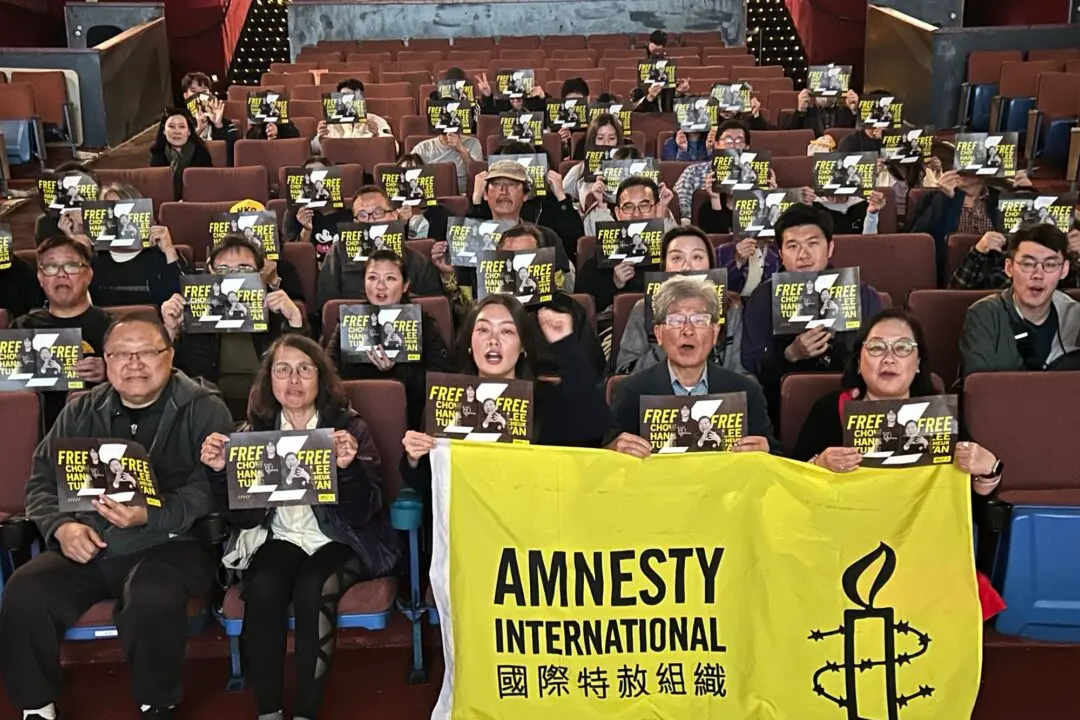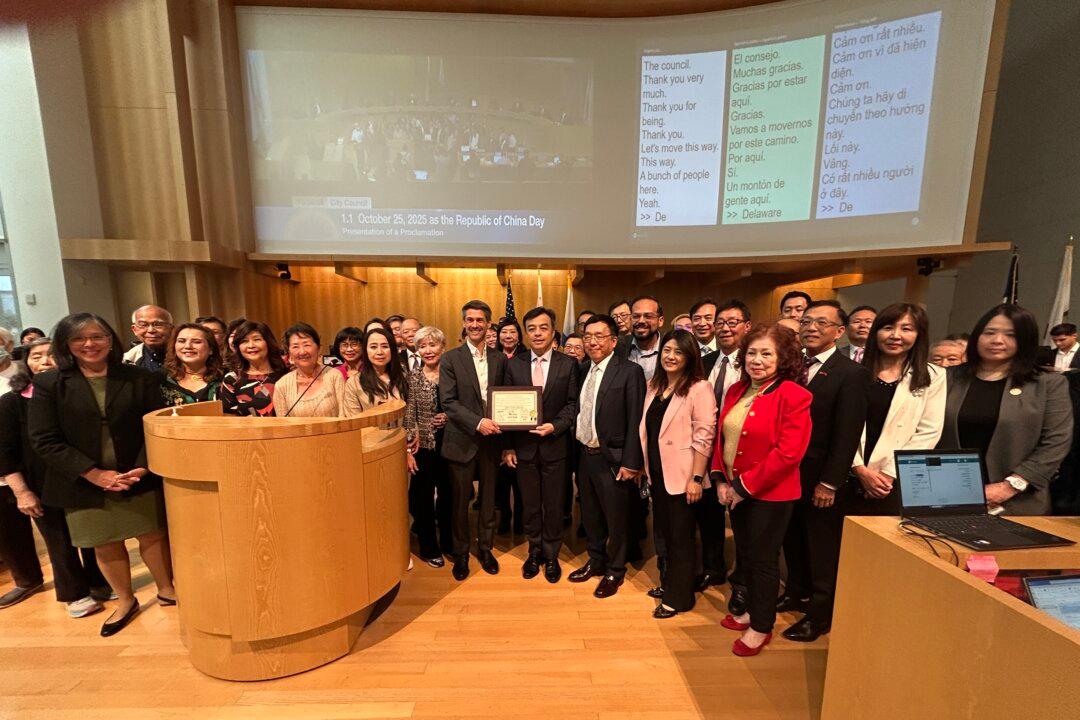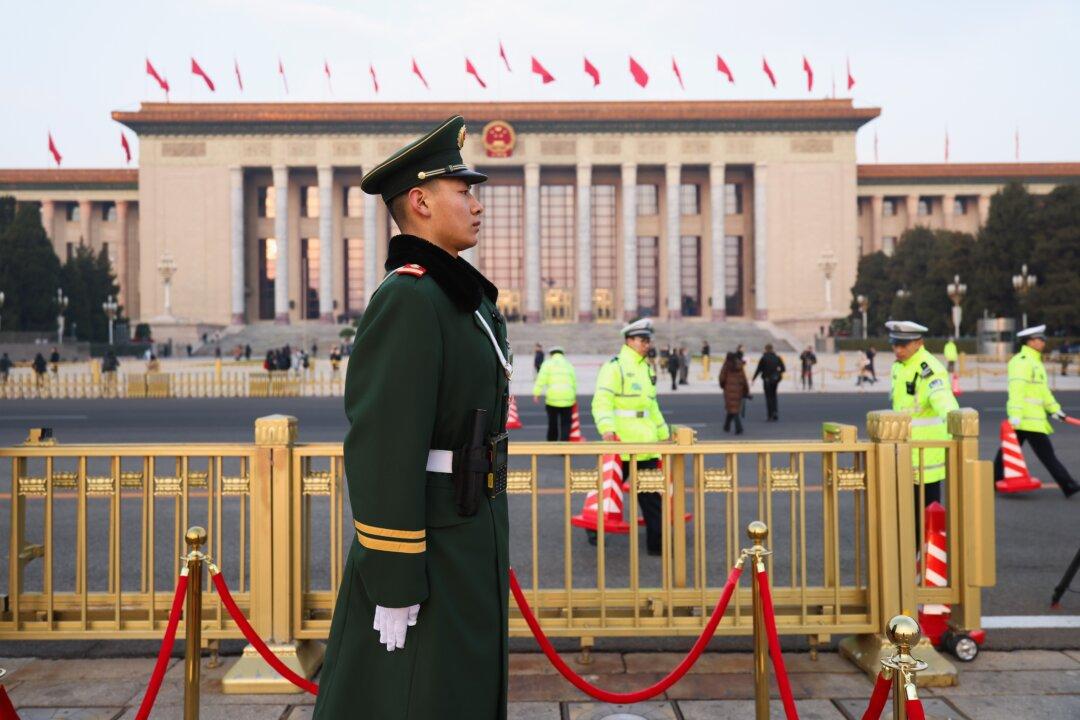The U.S. State Department recently required five Chinese state-owned media outlets in the United States to be registered as foreign missions. However, it did not require China Central Television (CCTV) to do so.
CCTV is a Chinese state-owned media outlet and official propaganda mouthpiece of the Chinese Communist Party (CCP). CCTV has 50 channels, and its Channel 9 (CCTV-9) was rebranded as CGTN (China Global Television Network) in 2015. CGTN is owned and operated by CCTV.





